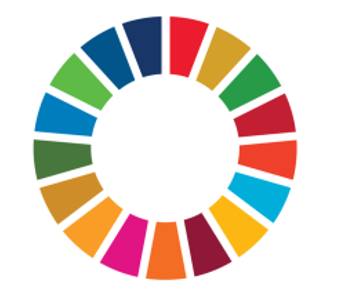Guide to Library Engagement in Voluntary National Reviews (VNRs)

Voluntary National Reviews (VNRs) can be a great way for libraries to engage in discussions around the implementation of the Sustainable Development Goals (SDGs), and to be recognised for their contributions.
IFLA’s briefing on the process as a whole sets out why we have them, how they should be organised, and how they should look.
In addition, in order to provide additional support to members in countries undertaking VNRs in 2022, IFLA is updating its monthly series: ‘Libraries Engaged in VNRs’ to help you get involved.
Download the Guides:
Libraries Engaged in Voluntary National Reviews — Part 1: Find out who’s in charge
The first step towards engagement in a Voluntary National Review is to find out who is responsible for leading it. Each government needs to identify a focal point, who can both coordinate within your country, and be in contact with the United Nations. Most of the time, the name or organisation with ...
Libraries Engaged in Voluntary National Reviews — Part 2: Prepare your stories
The second step towards engagement in a Voluntary National Review is to prepare materials that you can use in your advocacy. A key ingredient of this is stories which explain how, in human terms, libraries deliver development.
Libraries Engaged in Voluntary National Reviews — Part 3: Prepare your data
The third step towards engagement in a Voluntary National Review (VNR) is to match the stories you have collected with facts and data. The 2030 Agenda includes a set of 231 indicators matching up with the different targets. A number of these, such as literacy rates and people with internet access, a...
Libraries Engaged in Voluntary National Reviews — Part 4: Present your materials
The fourth step towards engagement in a Voluntary National Review (VNR) is to present the information you have gathered – data, stories, background information – in a way that will be most effective in encouraging your government to include libraries. In order to get the team preparing the VNR i...